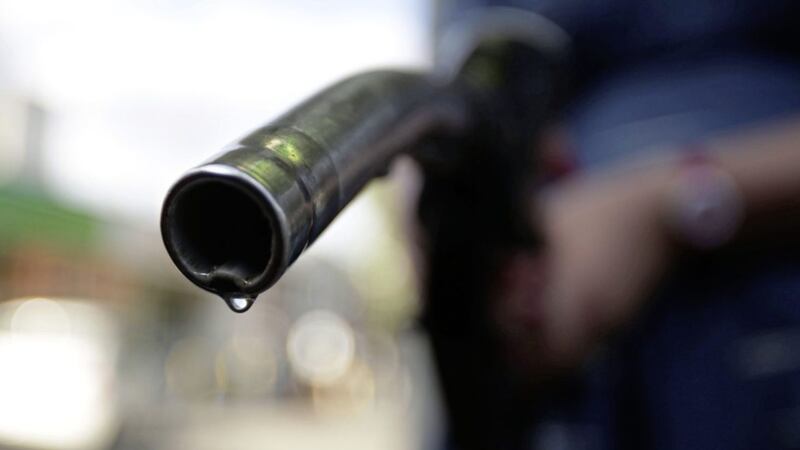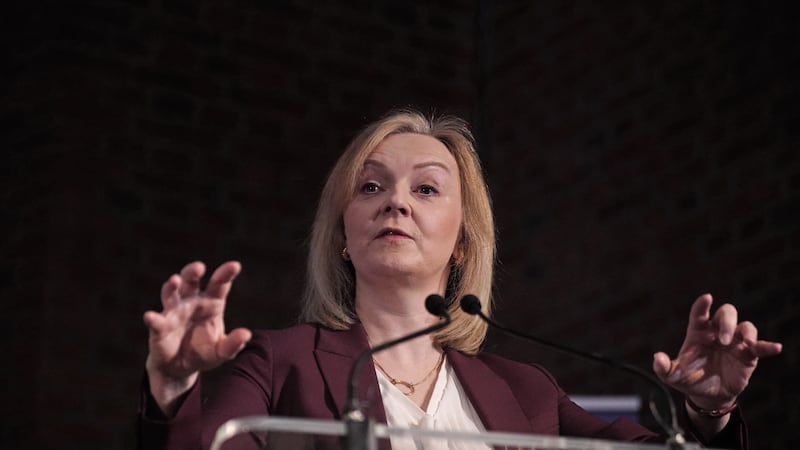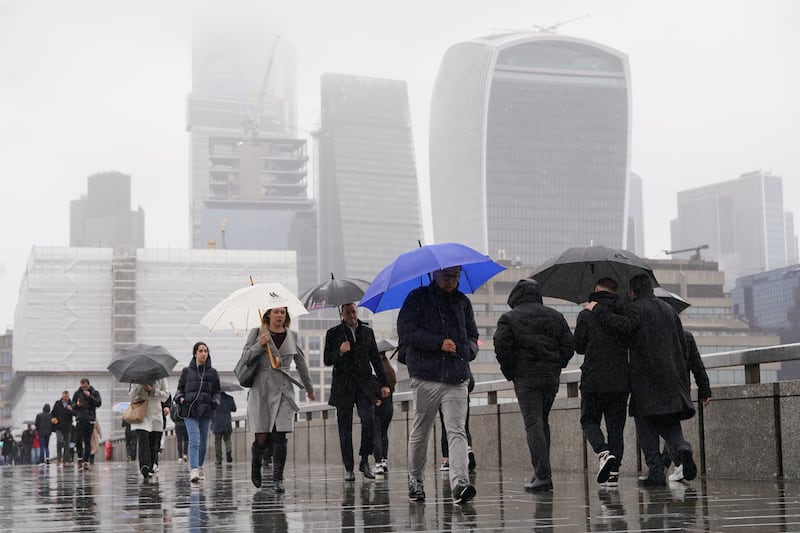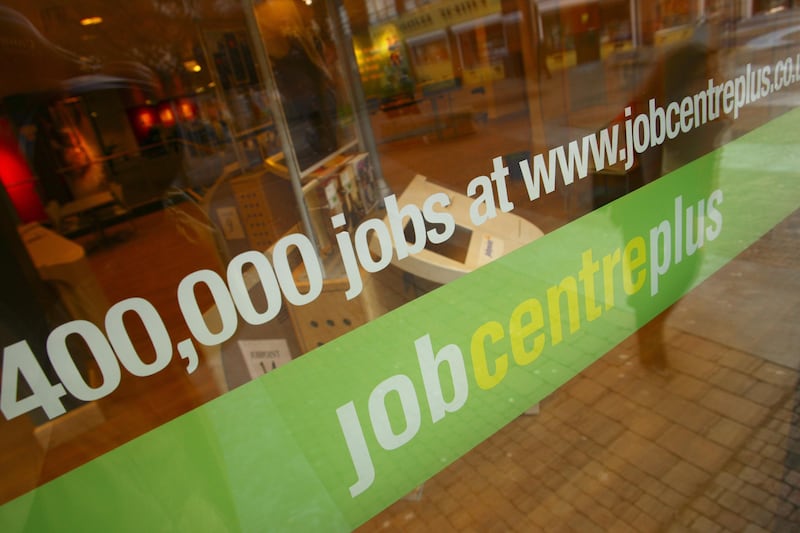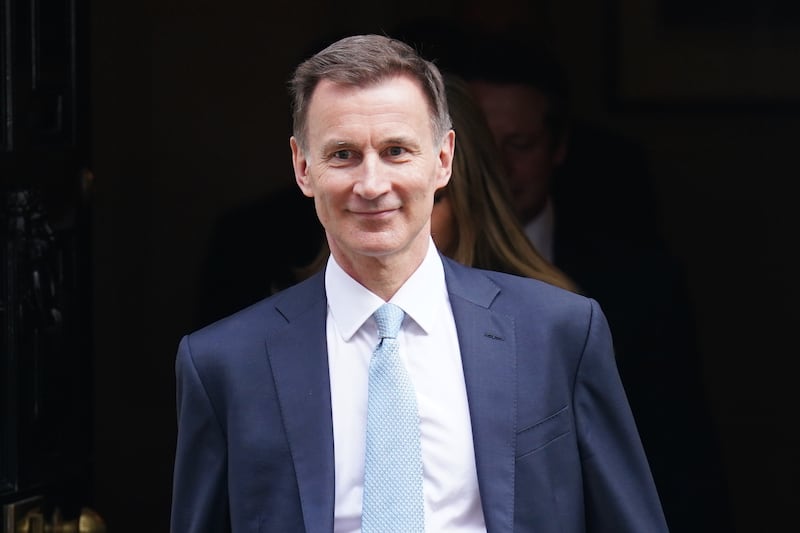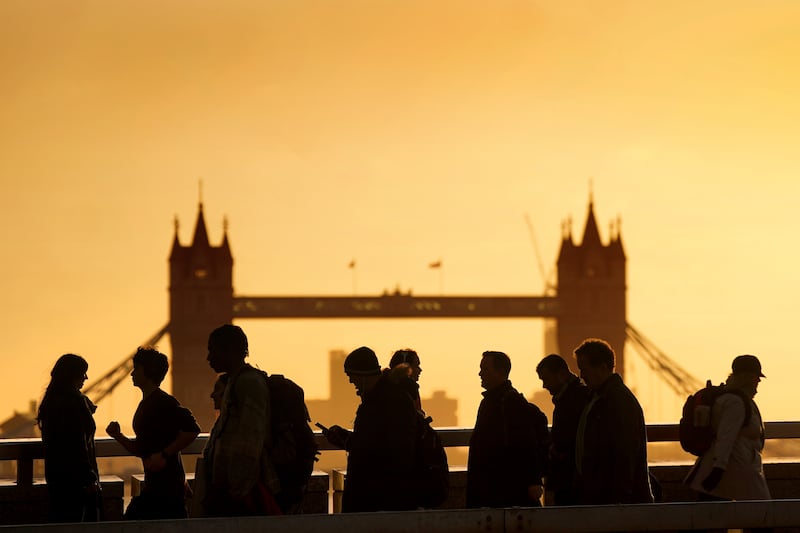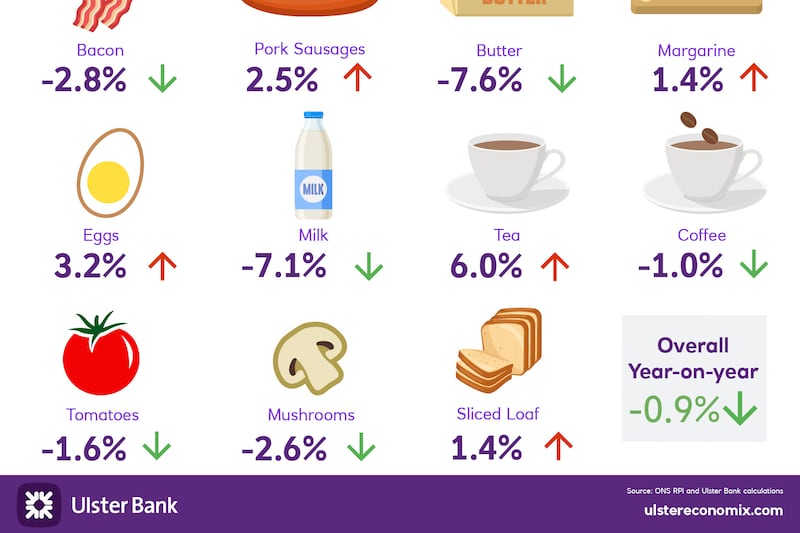UK inflation has hit its highest level for more than a decade - or 30 years on another measure - as supply chain disruption and record fuel prices sent the cost of living soaring, official figures show.
And it means the cost of living rate now exceeds the unemployment rate, a scenario no economist foresaw at the start of 2021.
The Office for National Statistics (ONS) said the rate of Consumer Prices Index (CPI) inflation rose from 4.2 per cent in October to 5.1 per cent in November - the highest since September 2011.
The data also revealed that the alternative Retail Prices Index (RPI) measure of inflation soared to its highest level for more than 30 years, hitting 7.1 per cent last month, up from 6 per cent in October.
Laying bare the mounting cost-of-living crisis facing consumers, the ONS reported surging prices across a raft of goods and services, including for fuel, energy, cars, clothing and food.
Figures showed that petrol prices jumped to the highest ever recorded - 145.8p a litre last month - while the cost of used cars also raced higher due to shortages of new motors as supply chain issues continue to affect the economy.
It is the first time that CPI has breached 5 per cent for more than a decade and sees inflation remain more than double the Bank of England's 2 per cent target.
The data puts further pressure on the Bank ahead of its interest rate meeting on Thursday, with policy-makers having to weigh up the need to rein in rampant inflation but also to support growth as the threat of Omicron grows.
Ulster Bank chief economist Richard Ramsey said: "The November reading was stronger than expected, with the Bank of England previously not expecting a breach above 5 per cent previously until early next year.
So the latest inflationary news, coupled with Tuesday’s strong labour market data, will make for an uncomfortable Monetary Policy Committee (MPC) meeting."
He added: "Until the arrival of the omicron variant, the MPC were expected to raise interest rates from the record low of 0.1 per cent to 0.25 per cent, which would be the first December interest rate rise since 1994.
"But a new added layer of uncertainty stemming from omicron has led economists to row back on expectations to increase rates until early in the new year."
While increases in prices of petrol and second-hand cars were the key drivers of the latest surge in inflation, the rises were broad-based across goods and services. They include:
:: Consumer goods - 6.5 per cent
:: Consumer services - 3.3 per cent
:: Food - 2.4 per cent
:: Clothing - 3.8 per cent
:: Electricity - 18.8 per cent
:: Gas -28.1 per cent
:: Liquid fuels (home heating oil) -85.3 per cent
:: Petrol - 29.5 per cent
:: Diesel - 27.5 per cent
:: Furniture and furnishings -11.7 per cent
:: Second-hand cars - 27.1 per cent
:: Bicycles - 15 per cent
:: Articles for babies - 15.2 per cent
